Den 10-21 mars anordnas FN:s kvinnokommission (CSW69) i New York. Under FN-mötet kommer Act Svenska kyrkan, tillsammans med våra partner, att driva frågor om kvinnors ekonomiska egenmakt, sexuell och reproduktiv hälsa och rättigheter och hbtqi-personers rättigheter från ett trosbaserat perspektiv. Act Svenska kyrkan kommer även att driva frågan om att reformera diskriminerande familjelagstiftning.
Trots framsteg inom jämställdhetsområdet de senaste decennierna pågår ett utbrett globalt motstånd mot kvinnors, flickors och hbtqi-personers rättigheter. Religion sätts ofta i direkt motsättning till jämställdhet, och vissa stater och religiösa aktörer tvekar inte att åberopa religions- och övertygelsefrihet som argument för att upprätthålla diskriminerande normer, värderingar, sedvänjor samt lagstiftning.
Joanna Lilja, verksamhetsstrateg för Act Svenska kyrkan, deltar för sjunde gången i Sveriges delegation till CSW. Ta del av Joannas och tre av våra parters reflektioner inför årets FN-möte CSW69 nedan, texten finns endast på engelska.
Joanna Lilja, Strategic Adviser, Act Church of Sweden
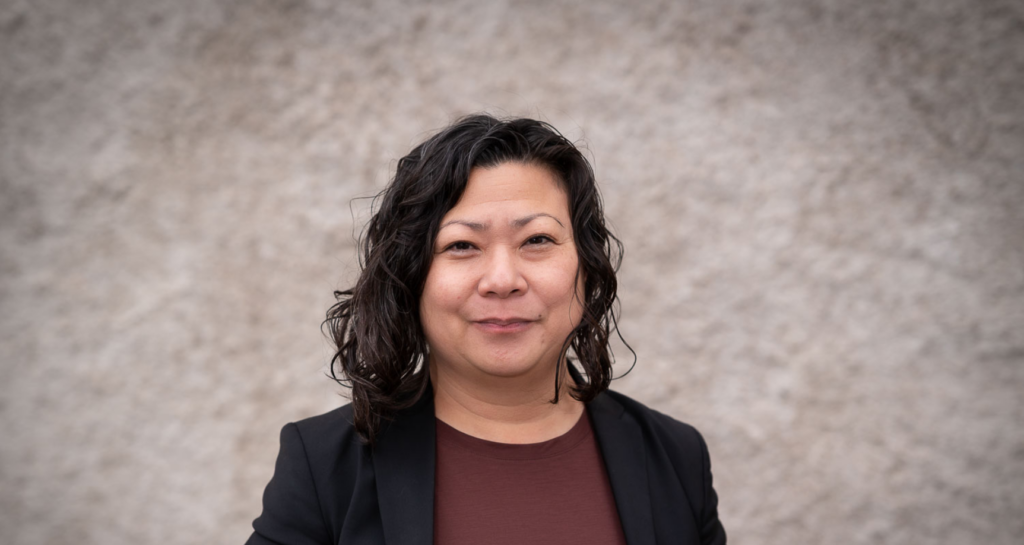
Why is CSW important, from your perspective and the community you represent?
At this year’s CSW we are celebrating 30th Anniversery of the Beijing Platform of Action. We do this at a time when gender equality including SRHR are being challenged. So this year’s CSW is an important opportunity to celebrate achievements but also push forward, ensuring that the next generation women and girls in all their diversity have more rights that we do.
What are you most looking forward to during the event?
I really look forward to catching up with some of our amazing partners and meet feminists from all around the world. It’s an inspiring and humbling experience to meet people working for gender equality in very difficult circumstances of oppression and shrinking civil space and yet they continue. It’s a true source of inspiration.
What message would you like to share with decision-makers?
Now is the time to walk the talk and put words into action.
Ranan Issa, Evangelical Lutheran Church in Jordan and the Holy Land (ELCJHL), Director of the ELCJHL Gender Justice Ministry
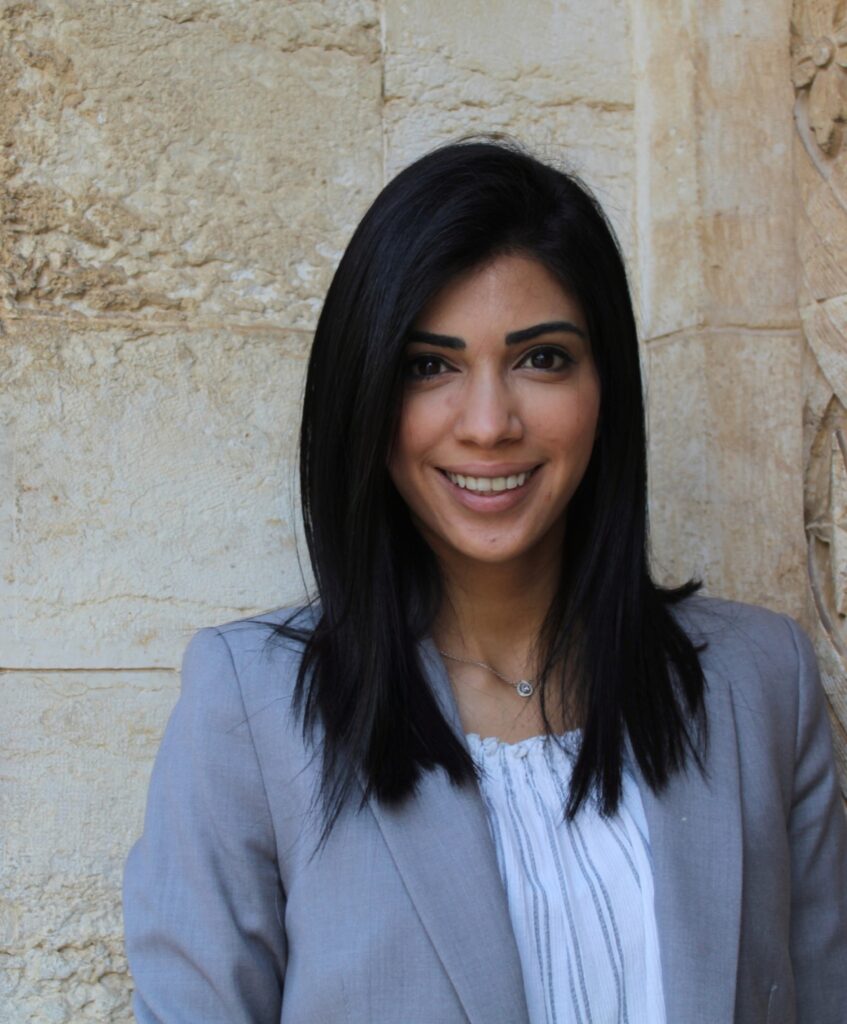
Why is CSW important, from your perspective and the community you represent?
CSW is crucial because it provides a global platform to highlight the challenges women face in accessing justice and leadership opportunities, especially in faith-based and marginalized communities. As someone working at the intersection of gender justice and faith, I see firsthand how structural barriers limit women’s participation. CSW allows us to amplify these voices and push for real change.
What are you most looking forward to during the event?
I’m looking forward to connecting with other women leaders who are driving change in their communities. Engaging in discussions, sharing experiences, and learning from others will strengthen the work I do back home.
What message would you like to share with decision-makers?
Women in faith communities are already leading; whether through advocacy, social work, or informal leadership roles. It’s time for decision-makers to recognize and support their contributions by ensuring they have access to legal rights, leadership training, and spaces where they can influence policy.
Lukas Velunta, National Council of Churches in the Philippines, Program Assistant for Advocacy, Gender Justice Program
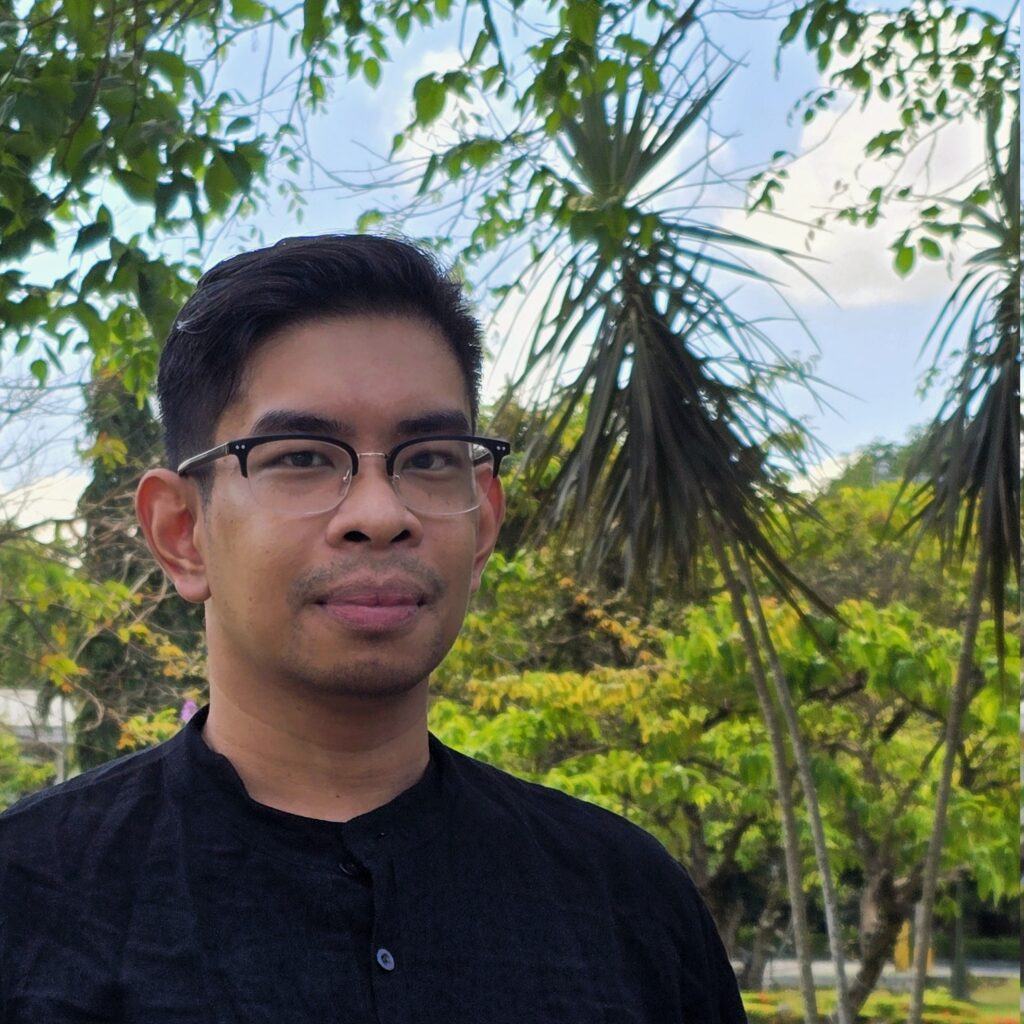
Why is CSW important, from your perspective and the community you represent?
If sexual harassment and other forms of gender-based violence are themselves prevalent in the Philippine church, then how much more is “mere” gender inequality? The recently concluded baseline study on gender justice by the National Council of Churches in the Philippines indicates that an overwhelming majority of respondents know that this violence occurs—usually perpetrated by clergy—and that no reporting happens because no effective mechanisms and consequences are in place.
What are you most looking forward to during the event?
I’m excited to listen to firsthand accounts of lived experiences at the grassroots, especially from women working in the Global South, while being aware that I am a guest in these spaces for women and gender minorities and that being able to journey together with them is a privilege.
What message would you like to share with decision-makers?
Change is initiated from the bottom. A woman—a survivor of sexual harassment from the leader of a Protestant denomination in the Philippines, perpetrated at their national headquarters—is organizing and mobilizing fellow survivors. She needed two years to process her trauma alone. But once she became empowered to share her story, she found a community waiting: other survivors have become empowered to share their stories, activating a latent whisper network. They now work to strengthen church systems and connect survivors to legal mechanisms for justice.
Irene Anena, ACT Alliance, Forum Coordinator for Uganda
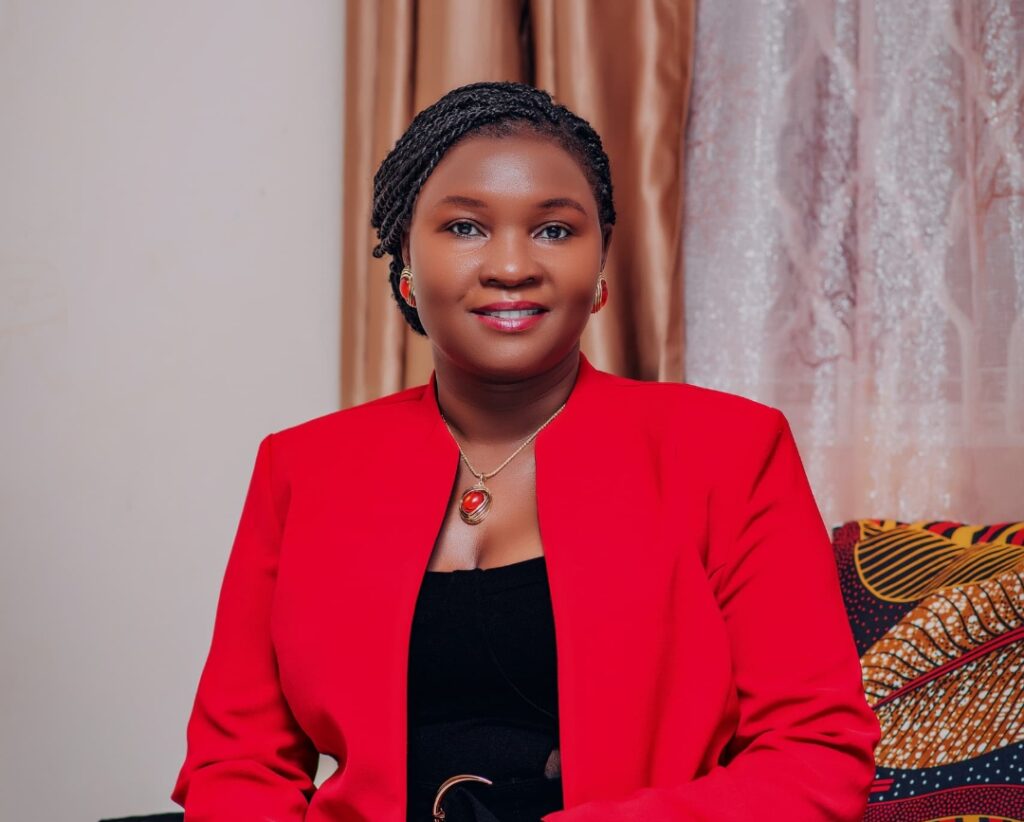
Why is CSW important, from your perspective and the community you represent?
The United Nations Commission on the status of women (CSW) is more important than ever because the world is in an era of rapid change, including economic shift, technological advancement, climate change, conflicts and evolving social norms that continues to increase women and girls’ vulnerability to gender inequality and discrimination.
The 69th session of the commission is specifically important because it will provide a global platform for government, CSOs to review the progress, gaps and opportunities from the Beijing Platform for Action in achieving Gender Equality.
What are you most looking forward to during the event?
I’m excited and looking forward to connecting and gaining new energy from meeting all the amazing women participating, learning and sharing through the panel events that I will be speaking at. I’m also very much looking forward to building networks for future collaboration in advancing gender equality.
What message would you like to share with decision-makers?
The world is at a crossroad with persistent inequalities evolving. My message to the decision makers is that they should move from promises to action, take bold steps in ending violence against women and girls.
The Beijing Declaration must not remain a historical document but a living road map for transformative changes. It is therefore crucial to strengthen accountability, invest in women and girls’ socio-economic empowerment and ensure policies effectively promotes gender equality. Melinda Gates stated that “In the developing world, its about time that women are on the agenda”. Also quoting Tian Wei “Any society that fails to harness the energy and creativity of its women is a huge disadvantage in the modern world”.
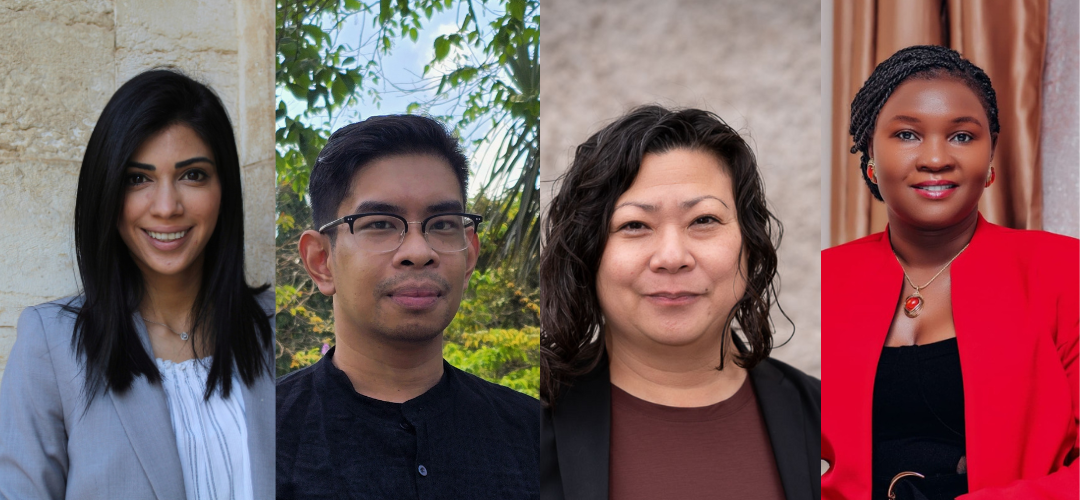
Lämna ett svar